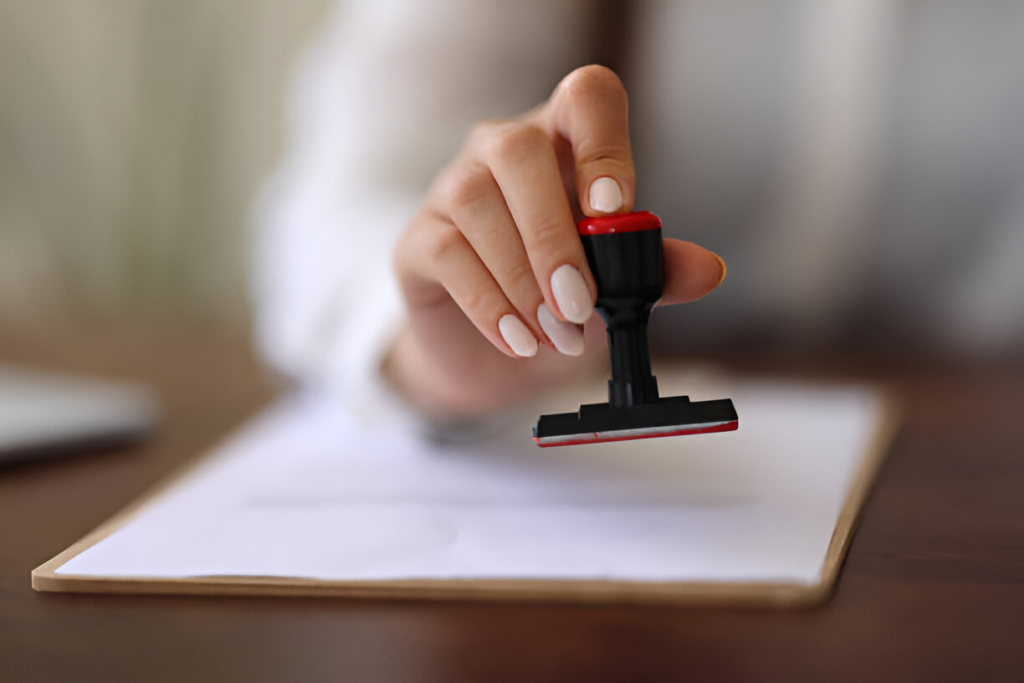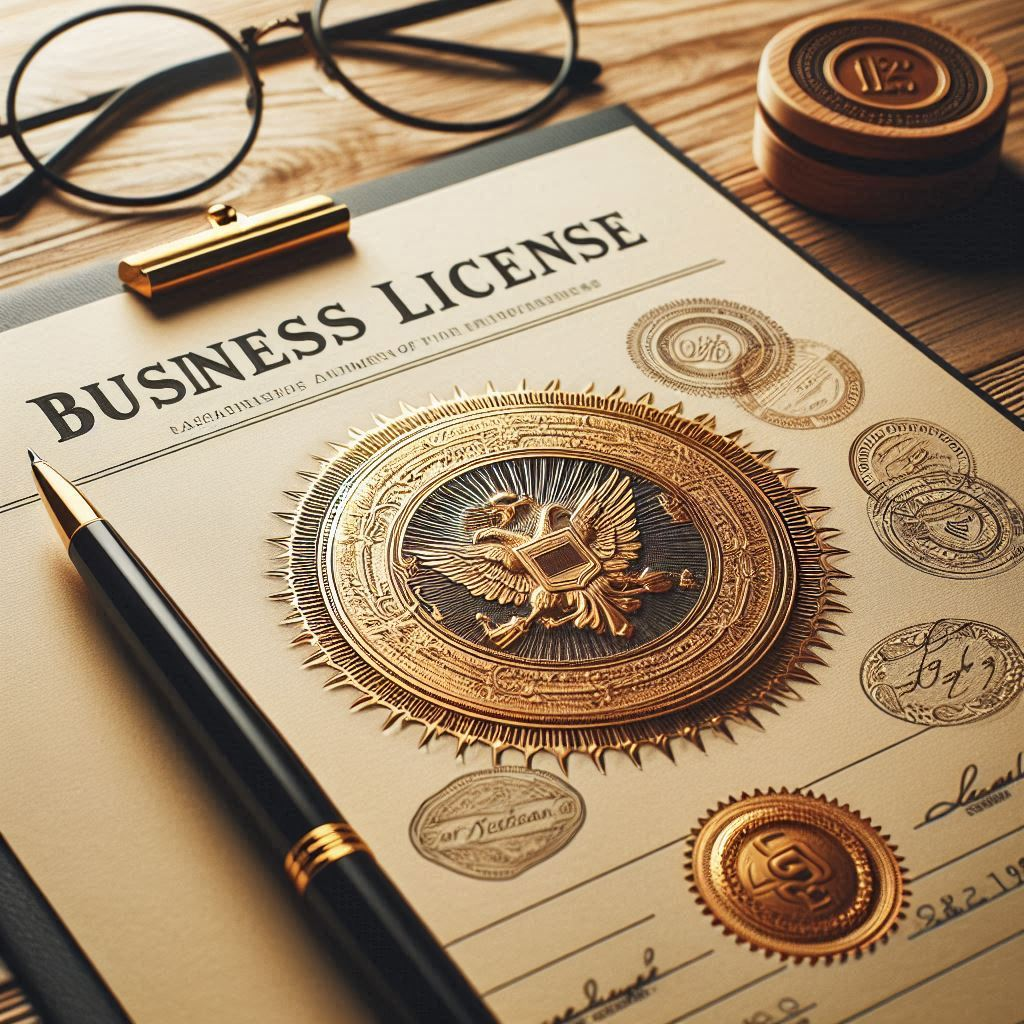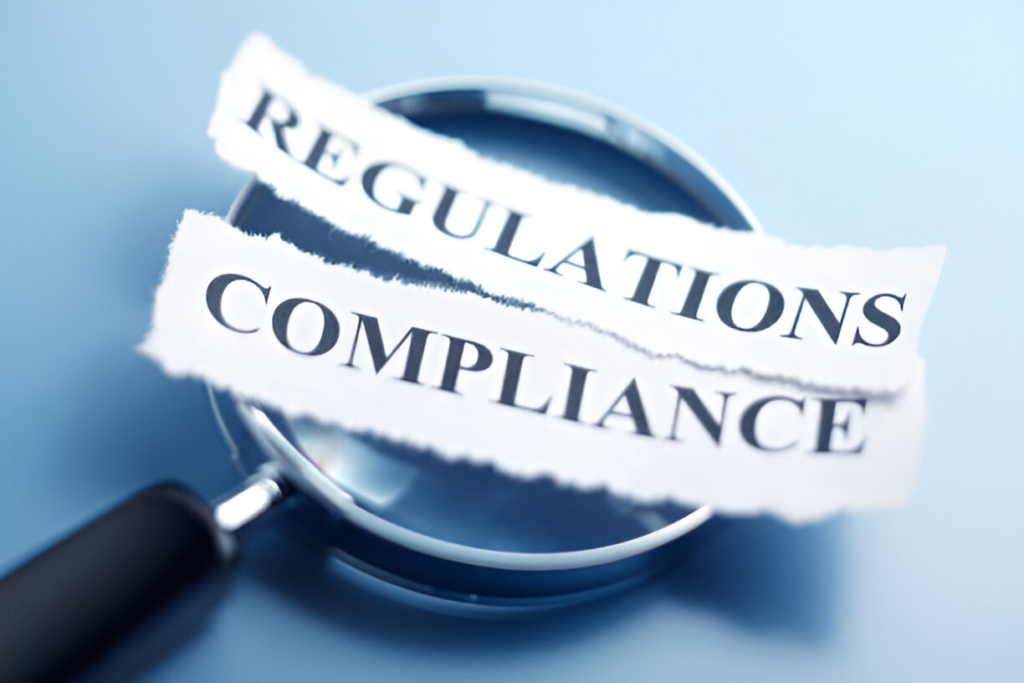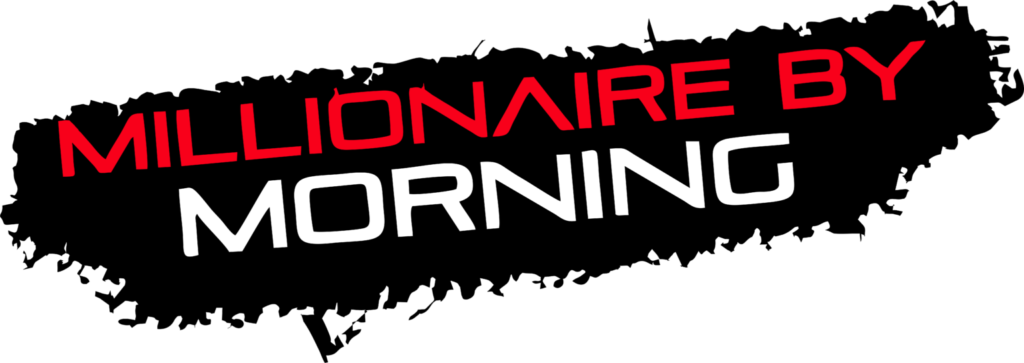
The process of launching a new business starts with planning. You need to come up with a business name, prepare a business plan, and gather funds. And one of the most important parts of this planning phase is getting the necessary business licenses and permits.
Licenses are necessary to operate your business legally. Do you feel overwhelmed? Don’t worry, we are here to guide you about how to apply for a business license and permit.
Table of Contents
ToggleBusiness License and Permit: Key Differences
The terms licenses and permits are often used interchangeably. But there are a few key differences. So, before we dig into the nitty-gritty, let’s clarify what we mean by business licenses and permits.
A business license is an official authorization to run a business within a jurisdiction. Basically, it’s your ticket to legally launch and manage your business.
If you run your business without the required licenses, you may face penalties and fines. Or worst case, you may have to shut your business down permanently.
You can contact government agencies to get essential licenses for your business.
A business permit, on the other hand, is related to regulatory requirements. It ensures that your business meets specific requirements. These documents are generally required for activities that may cause risks to public health or safety.
You can contact agencies on local, state, or federal levels for industry-specific permits.

Determining Permits and Licenses Required for Your Business
Different industries require different licenses.
Federal agencies regulate certain business activities. So, you need to contact them for the required licenses. Some examples of these federal licenses are alcohol manufacturing, aviation, and broadcasting. But if you need health permits or zoning permits, you need a local license from your state or local government.
Here are some common examples of industry-specific licenses and permits:
- Health department license – For restaurants and eateries
- Retail license – For operating a retail business
- Home occupation permit – For home-based businesses
- Child care center license – For daycare centers
- Transportation license – For taxi services or other transportation businesses
- Technical license + Contractor’s license – For professions like plumbing and electrical work
Application Process
Do you want to know how to apply for a business license?
The process of applying for a license or permit may seem overwhelming. But with our helpful guide, you can navigate it smoothly. Whether you are a sole proprietor or launching a small business with a business partner, you will find our blog useful.
So, let’s dive into the licensing requirements for businesses:
Research Requirements
Before submitting your license application, understand what’s required for your business activity. Different types of business licenses are issued by federal and local governments. So, do your research.

Licensing needs vary depending on business structure, industry, and location. So, you may need a general business license or special permits to meet legal requirements.
Next, find out which government bodies issue those licenses. For instance, the Department of Revenue handles sales tax permits for retail businesses. So, visit their website for more information.
Gather Necessary Documents
Done with your research? Then it’s time to gather the documents necessary for your application.
For instance, business registration documents are required to prove that your business is registered. You will need tax documents with your valid EIN (Employer Identification Number) from the IRS. For regulated professional industries, you may need professional certifications too.
If you have a food truck, you’d need a food service license, a handler’s permit, and a mobile food vendor permit. The local health department issues these permits. You may also need a zoning license if you want to operate your food business in a designated area.
Submit Your Application
With your documents in hand, you are now ready to apply for a business license. In most States, you can submit your application in person as well as online. But in-person visits are still needed for businesses that need site inspections such as restaurants.

When it comes to the waiting period, many business owners have a question. How long does it take to get a business permit?
The time it takes to process your business license application depends on several factors. This includes the type of license, where you are applying, and the issuing agency.
For some general business licenses, approval can take just a few days. But complex licenses or special permits might take weeks.
So, be patient and stay in touch with the licensing office for updates.
Receive Your License
You will receive your business license or permit once your application gets approval. But this doesn’t mean your job is done.
Keep in mind that most licenses have an expiry date. So, you need to renew them in time. Missing the renewal deadline may result in violations and fines. So, stay on top of these deadlines.
Stay compliant with local laws and regulations. Also, avoid engaging in activities that may risk your license.

Business License Cost
The business license cost can vary based on different factors.
Small businesses generally need a general business license. It costs from $50 to $400 depending on the size of your business and the State where you’re based. For industry-specific licenses and permits, you may have to spend somewhere between $100 and $1,000. But if you plan to sell liquor, its licenses may cost you a few thousand dollars.
Business licenses aren’t a one-time cost. You need to consider the cost of renewal too. The renewal fees vary. But the renewal cost is less than the initial cost.
